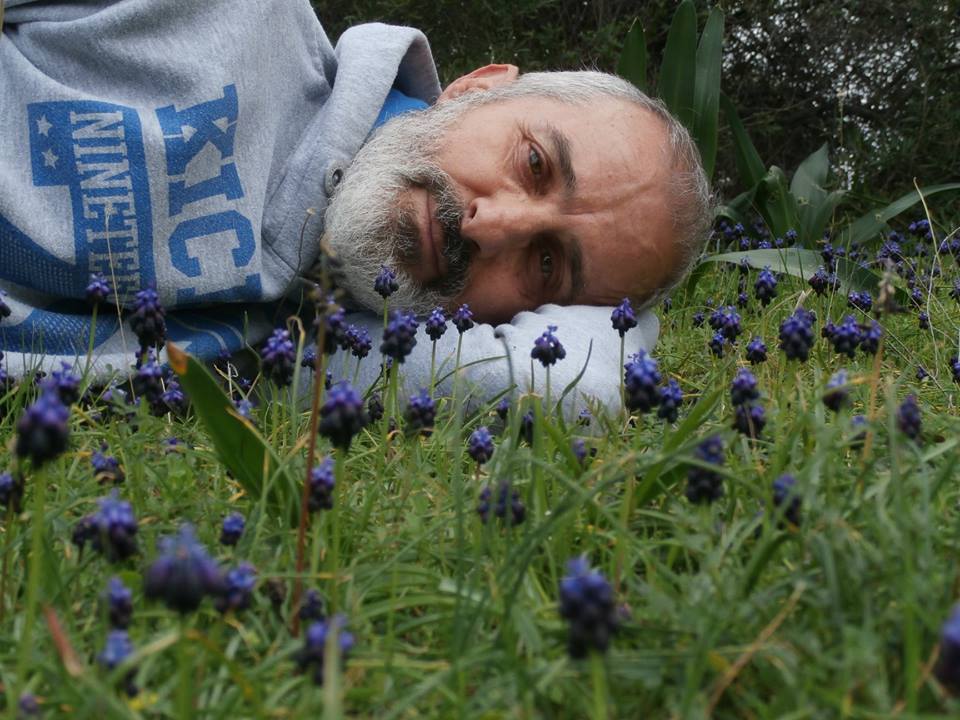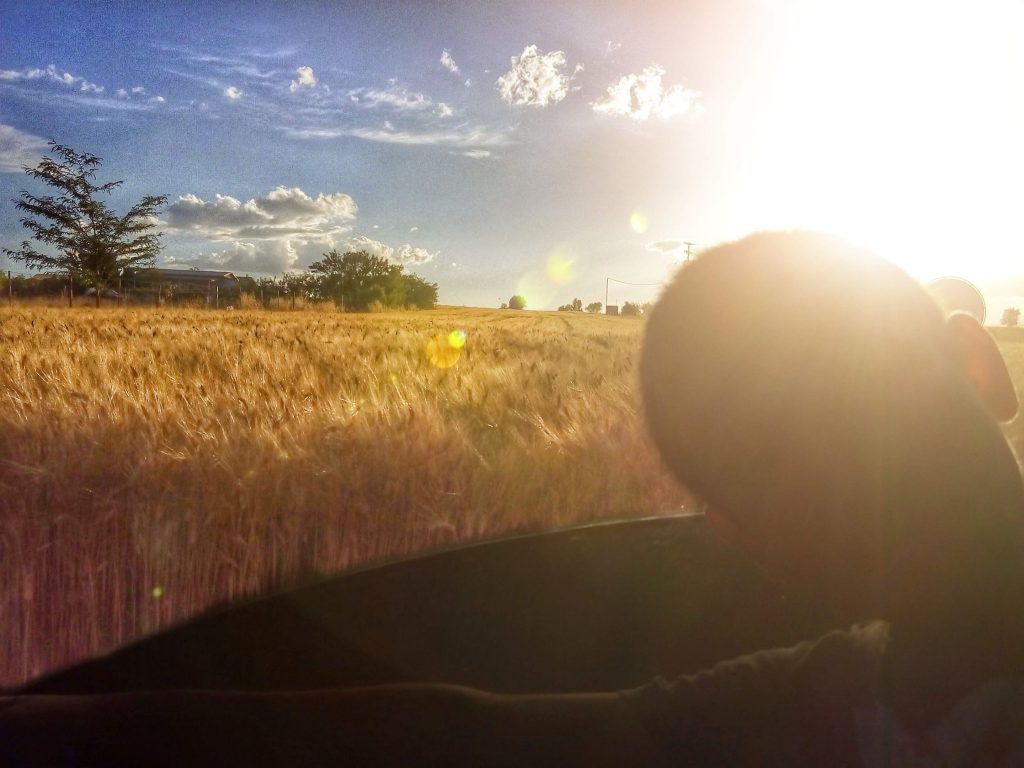Ένα εξαιρετικό άρθρο από εδώ το οποίο αναλύει ένα δεύτερο επίπεδο που δεν έχει απασχολήσει πολλές ελληνικές εταιρείες. Ακόμα…
In the year since Facebook began encouraging businesses to deploy the thumbs-up button across the web, brands have been racing to rack up “likes.” Now the question is: With thousands or even millions of likes, what next?
Research has shown that people who voluntarily click the like button are more willing to purchase the brand and are apt to recommend the brand to friends or share branded content on social networks. But at the same time, the button’s simplicity means that there may be no actual engagement at all beyond the fleeting moment of the click.
Businesses that have spent months or years building up their like count are at a critical juncture in Facebook marketing — they need to turn likes into loyalty. Here’s how they can do that:

Like is easy; loyalty takes work
Some companies think that getting someone to click the like button is the end of the game, but in reality it is only the opening kickoff. Consider the case of Adobe Photoshop. With little corporate involvement, it was able to accumulate 240,000 Facebook fans. Many companies would have called that a success. But Adobe wanted to do more. So it enlisted its product management team to run its Facebook page, asking fans what they wanted and learning what topics and ideas resonated with them. Now, the page has more than 2 million likes, and fans show their engagement by adding as many as 3,000 comments when Adobe posts to the page.
“I think about it as if I’m designing the product,” Maria Yap, Adobe’s director of product management, says of her Facebook strategy. “I think about the user. Is this piece of content we’re about to share useful to them?”
You can’t engage your fans if they don’t see your posts. Companies that post content on their Facebook pages outside normal business hours see engagement rates that are 20% higher than average, according to data from Facebook marketing software company Buddy Media. By timing posts to when consumers are more likely to be on Facebook, companies have a greater chance of being seen in a fan’s news feed.
Discounts are a tool, not a strategy
Yes, consumers still say coupons are one of their top reasons to like a brand on Facebook, but as with any promotion, giving a freebie in exchange for a like only gets someone in the door. Having a firm long-term strategy is what keeps them a customer.
The Einstein Noah Restaurant Group has run several successful promotions giving Facebook fans free products. But the company doesn’t just want to get traffic into its stores. Instead, it sees the Facebook coupon as the first step to a positive relationship that extends to the in-store experience and then back to the Facebook page, as consumers ask questions and get answers and receive even more benefits.
Likes aren’t a measure of success
It’s been said many times, but the message still hasn’t sunk in: Likes are not a gauge of consumer involvement with your company or brand. But companies still insist on touting their total just like they touted “hits” back in the early days of the web.

Some companies have been working to link their Facebook presence back to business results, sales leads and new customers. In Hubspot’s “State of Inbound Marketing” report, 67% of business-to-consumer companies and 41% of business-to-business companies said they had acquired customers via Facebook.
Other ways companies can measure the success of social media include tracking the redemption of coupons offered via the Facebook page, gaining new email addresses and making sales. There has been a significant increase in businesses using these sorts of conversion metrics as a measure of success.
In the Bazaarvoice and CMO Club study “CMOs on Social Marketing Plans for 2011,” site traffic was the top metric used by CMOs worldwide to measure the value of social-media marketing activities, at 68% of respondents. However, conversion ranked a close second, at 65.7%, with nearly double the percentage of respondents as in 2010.
The good news for marketers is that a like is a sign that someone has raised their hand and indicated a willingness to engage. What happens next is when the real marketing starts.

